Faculty Discuss Happiness
When and where were you happiest in life?
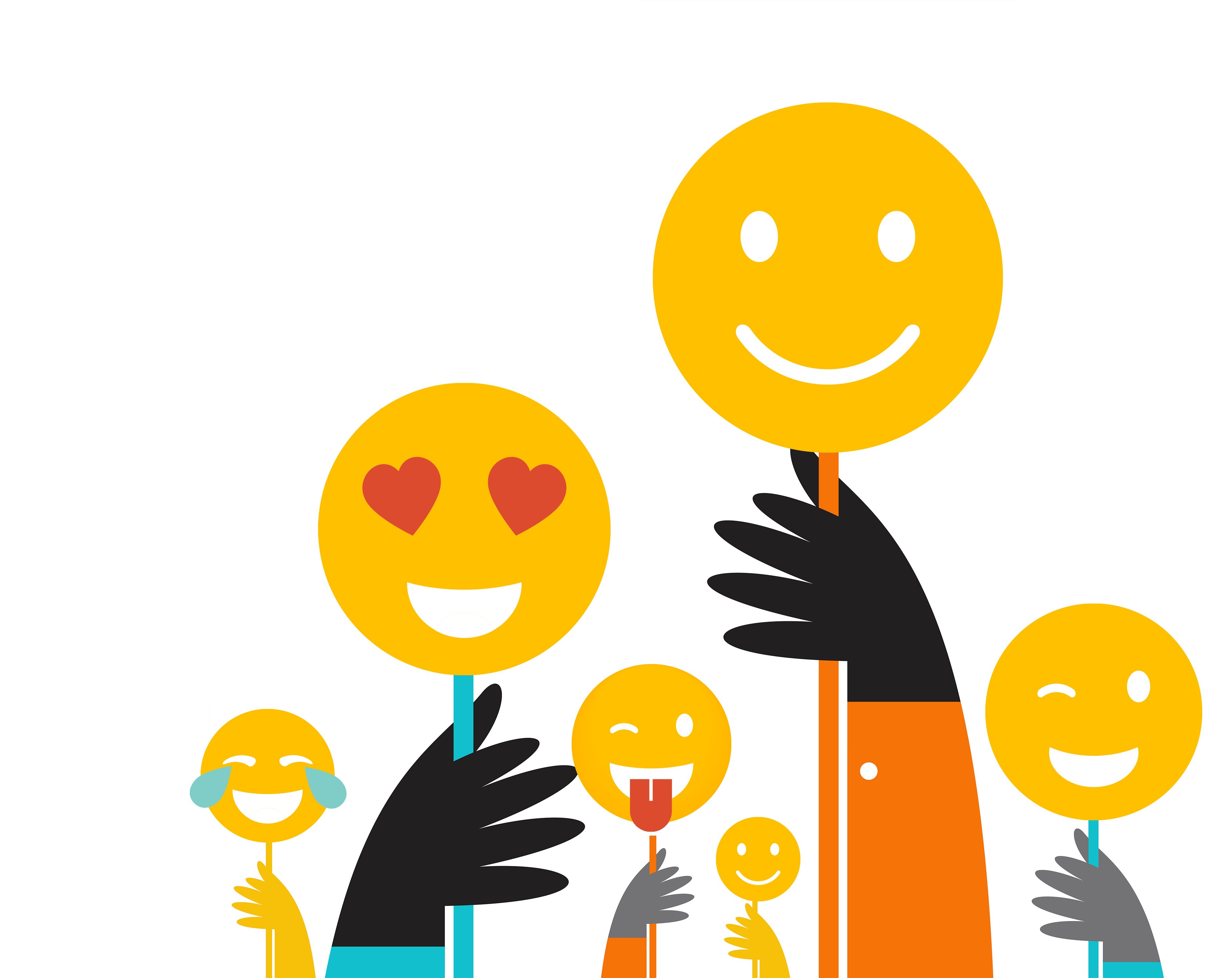
Illustration by Getty Images ©Paulo Buchinho
Faculty Discuss Happiness
When and where were you happiest in life?
Bonnie Blackwell
Associate Professor of English
AddRan College of Liberal Arts
I guess I prefer the progressive present tense — When and where am I happiest? — to the past tense, which implies my happiness is completed and over.
I’m happiest when I’m hiking or jogging in nature, preferably with a couple of big dogs. When the dogs jump out of the car, fill their nostrils with fresh air, and look back at me with a face that says, “This is the best day, thank you for bringing me here to wee on everything,” it fixes most of what’s wrong.
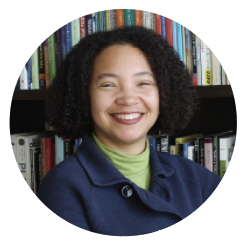 M. Francyne Huckaby
M. Francyne Huckaby
Associate Dean of the School of Interdisciplinary Studies and Professor of Curriculum Studies
School of Interdisciplinary Studies and College of Education
This world offers much to foster happiness — time with loved ones, the changes in color and smell after summer rain, reading that opens up possibilities for understanding. But one experience stands out for me as a catalyst for pure joy. I experienced it in Papua New Guinea during a village meeting. I sat off to the side with the women, who were relegated to resisting the expectation of silence by whispering among themselves as the men made plans for the village school. Then one woman stood up and said in the local language, “All the mamas have met and now we speak.” She proceeded to explain what the school needed from their perspectives as mothers, which shifted the direction of the conversation.
I have had similar experiences in the United States — when NYCPublic organized a meeting with the community and mayoral candidates to share visions for the city; when Community Voices for Public Education spent a day determining their year’s focus; when Journey for Justice organized the first public testimony at the U.S. Department of Education with delegations from 17 major cities. People at these events offered testimony about the impact of law and policy, making known the ways their needs are persistently overlooked and showing the harm done to them when decisions and actions exclude them. In these times, during the struggle and following careful communal analysis, I experience joy, a sense of amplified happiness in the collective work to make the space necessary to correct the direction. And now we speak.
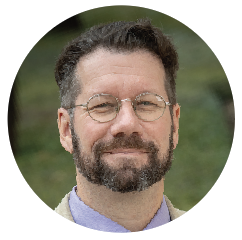 Kelly Slaughter
Kelly Slaughter
Associate Professor of Professional Practice and Director of the Business Information Systems Program
Between semesters of my Ph.D. program, snowbound in Minnesota with my infant daughters and wife, huddled together in front of the fireplace.
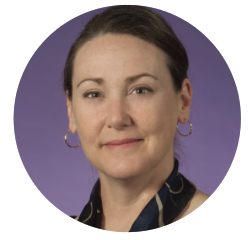 Melissa Young Schroeder
Melissa Young Schroeder
Associate Professor and Chair of Communication Studies
Bob Schieffer College of Communication
I’m happiest now, here in Fort Worth and in this stage of life. I love having meaningful work, being my current age and raising great kids with my husband. One of the happiest things I do is taking our two Labs on the Trinity Trail and letting them run around, chasing squirrels and ducks. They exude contagious joy.
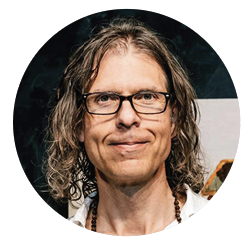 Blake Hestir
Blake Hestir
Professor of Philosophy and Chair of Modern Languages
AddRan College of Liberal Arts
Aristotle thinks that happiness is the activity of flourishing over a lifetime. He says that we’re never really in a position to assess our own flourishing since life takes all sorts of unexpected turns. It would be like trying to offer an opinion of a book before having finished reading it. Nevertheless, it strikes me that it’s worth taking a moment to reflect on those times when the different threads of one’s life all seem to be weaving themselves in a meaningful way.
I was drawn to the time I spent in Costa Rica last summer while doing some exploratory traveling for a study abroad course that I am developing. My intention is to travel with some students to the jungle and live off the grid away from smartphones and social media for a few weeks and explore different conceptions of mind, consciousness and self, particularly in terms of how we individually and culturally remain a part of an ecosystem and how that might figure into how we conceive of ourselves and live our lives.
I was staying about 2 miles into the jungle just east of San Juanillo on the Nicoyan peninsula. I took a change of clothes, a book and my journal. That’s it. It was “low season,” so there weren’t many folks around the rustic compound except for some traveling student workers from Mexico, Lithuania and Spain who were spending their summers exploring Central America. We woke every morning with the glimmer of sunrise and the sound of howler monkeys in the trees. We went to bed shortly after dark when the tropical rains arrived — simply following the natural cycles of the day. We practiced yoga asanas and meditation in the mornings to calm the mind and then went about working on various projects around the compound.
I walked to the beach in the afternoons to cool off and spent my time reading and journaling about where I was in my life, how much I, my friends and former students had changed since I started at TCU, the challenges we faced and all the wonderful and tragic experiences along the way. I thought about the whole experience of being untethered from our digital constructions and how refreshing it was to get back to the basics, and about what it means to be a citizen of the world beyond the barriers of artificial borders, about the threats of climate change and the blockbuster combination of artificial intelligence and big data. Seems that those who are happiest — those who are flourishing — have at the very least some understanding of themselves not simply as individuals but as participants, find work that aligns with their interests and abilities, and live with a respect for the fact that we’re all in it together.
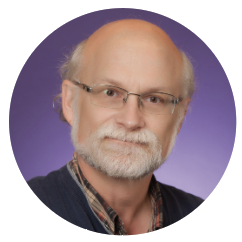 Arthur Busbey
Arthur Busbey
Associate Professor and Chair of Geological Sciences
College of Science & Engineering
I came to TCU in 1985, and I can honestly say that I have been very happy here for many reasons. TCU has been a great place to work. I have met memorable students and faculty that I work and have worked with and cannot imagine what life would have been like without this overarching Horned Frog shadow. This may sound trite and is certainly not very exciting, but working at TCU has made this a very enjoyable life.
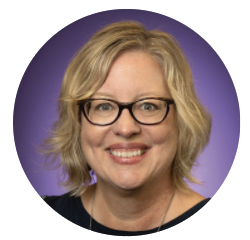 Charlotte Hogg
Charlotte Hogg
Associate Professor of English
AddRan College of Liberal Arts
I’m happiest sharing experiences with my spouse and my 8-year-old son: taking them to my hometown in rural western Nebraska, playing board games, walking in Trinity Park or dinner out at our Fort Worth faves. A close second is time spent with women friends. Nothing can make me belly-laugh more than chatting over lunch, a phone call or even a text exchange with women I treasure.
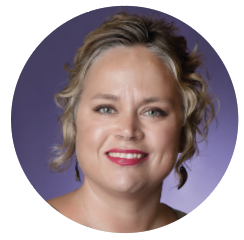 Amanda Allison
Amanda Allison
Associate Professor of Art and Coordinator of Art Education
When I experienced chronic pain, it was as if a heavy velvet drape was over my body. Every life experience you can imagine — from cooking to bathing to attending a social event, even eating supper with my family — meant that I had to navigate this large, heavy covering in order to be somewhat present in daily activities. The pain was a barrier to everything imaginable. I was not able to commit to future meetings and events because I never knew how I would feel that day. I lost some friends because of that. I now am able to have regular times with friends and enjoy them. Before, the pain blocked me from fully experiencing the time with others. I was unable to stay up at night and be with my family. I went to bed around 6 p.m. most nights. I now can relax and enjoy our time together. I truly have a different and happier life right now.
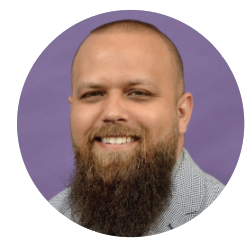 Phil Esposito
Phil Esposito
Assistant Professor of Professional Practice and Undergraduate Program Director of Kinesiology
Harris College of Nursing & Health Sciences
Summer of 2007. I was in my late 20s and about to start grad school. It was perfect. I was living the best of both worlds. I was working on being an adult, but I was also still a student. I had minimal responsibilities, no loans, a few bills. I had a good job making decent money. I wasn’t fat or bald yet. I was out there living my best life.
Tricia Jenkins
Associate Professor of Film, Television and Digital Media
Bob Schieffer College of Communication
One of the best times of my life was in 1998, when I lived in Bangkok, Thailand. I had just graduated from college. I didn’t know what I wanted to do with my life, but I knew I wanted to explore the world and not go the conventional route after school of getting into a relationship, settling down and finding a desk job. Instead, I got a job working at Kesinee International School as their very first “farang” (foreign and English-speaking) teacher. I moved there with my best friend and two other friends from college. Learning a new language, coping with oppressive heat, seeing elephants in traffic jams, learning about Buddhism, making new friends — it was all so exciting. It truly felt like the world was my oyster, and everyday things — like taking a train, finding street food, going to the bank — all felt like an awesome adventure.

Your comments are welcome
Comments
Related reading:
Alumni, Features
Making a Difference Through Medical Nonprofits
Four alumni physicians have a heart for healing and work to make the world a better place — one patient at a time.
Alumni, Features
Asylum-Seekers Find Solace in DASH Network
The Dallas-Fort Worth nonprofit provides housing as well as support and friendship for people fleeing persecution.
Features
‘Game of Thrones’ Classes Explore Medieval Literature
A TCU English instructor draws from George R. R. Martin’s epic fantasy in popular courses.